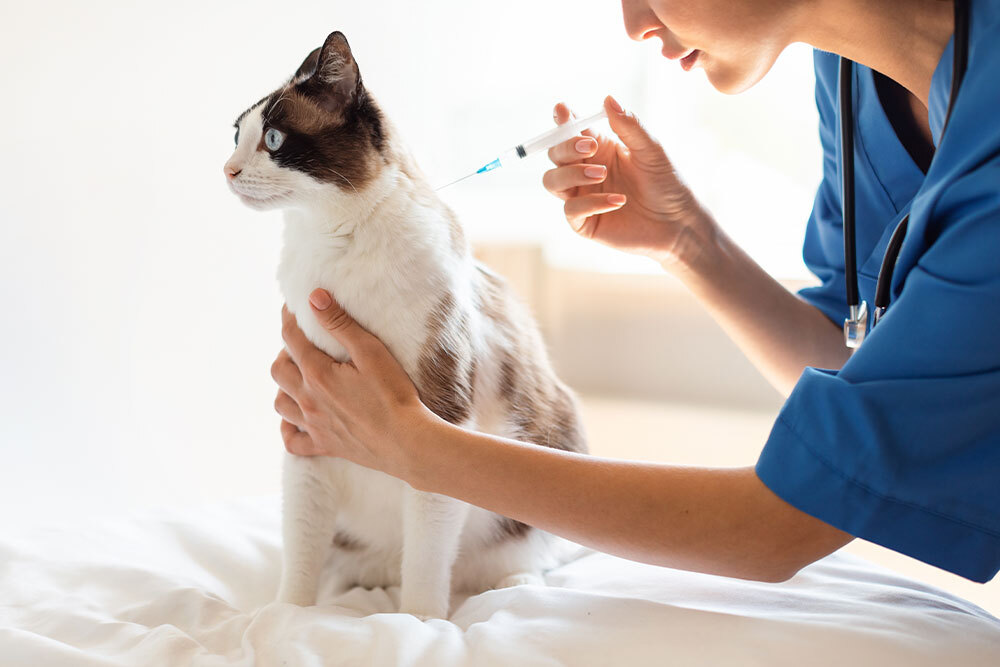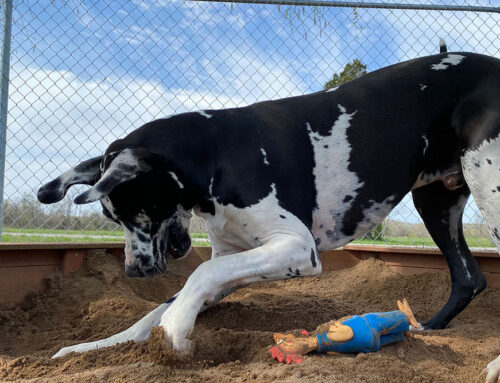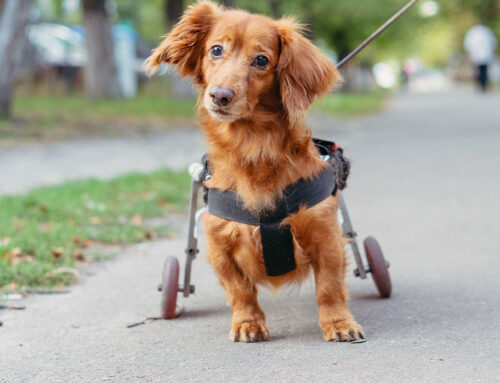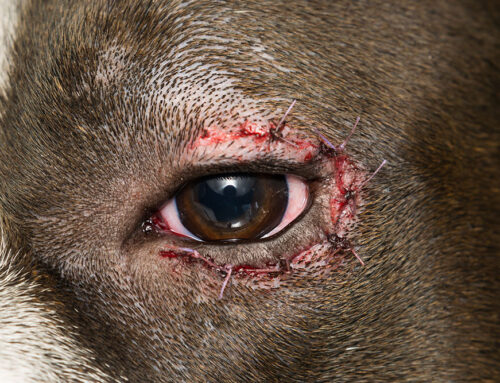Vaccinations are a cornerstone of preventive veterinary care. They protect pets from a wide range of serious and potentially life-threatening diseases—many of which are highly contagious or even transmissible to humans. By preparing your pet’s immune system to recognize and fight off specific pathogens, vaccines dramatically reduce the risk of infection and contribute to a longer, healthier life.
At Wales Animal Clinic in Wales, Wisconsin, we tailor vaccination plans to your pet’s life stage, lifestyle, and individual health profile. In this guide, we explore the most important vaccines for pets and explain how vaccination needs evolve from puppyhood and kittenhood through adulthood and into the senior years.
Why Vaccinate?
Vaccines are vital for:
- Preventing the spread of contagious diseases
- Reducing the need for costly treatments
- Complying with legal requirements (such as rabies vaccination)
- Protecting both animal and public health
The long-term benefits of vaccination far outweigh the minimal risks associated with side effects. For many diseases, vaccines offer the only reliable protection.
Learn more from the AVMA’s Vaccinations for Pet Owners.
Vaccination Needs by Life Stage
Puppies and Kittens: Building Immunity Early
The first months of a pet’s life are critical for developing immune defenses. Maternal antibodies offer some initial protection but wane after a few weeks, which is why vaccination should begin as early as 6–8 weeks of age.
Core Vaccines for Puppies
- Canine Distemper
- Canine Parvovirus
- Canine Adenovirus (Hepatitis)
- Rabies
- Leptospirosis
- Bordetella (Kennel Cough)
Core Vaccines for Kittens
- Feline Herpesvirus (Rhinotracheitis)
- Feline Calicivirus
- Feline Panleukopenia (Feline Distemper)
- Rabies
Booster shots are typically administered every 3–4 weeks until 16 weeks of age. These early vaccines lay the foundation for a lifetime of protection.
To better understand your pet’s developmental needs, explore:
- The Journey of a Lifetime: Understanding Your Dog’s Life Stages
- A Journey Through the Ages: Understanding Your Cat’s Life Stages
Adult Pets: Maintaining Lifelong Protection
After the initial vaccine series, adult pets need regular boosters to ensure continued protection. Core vaccines typically require renewal every 1 to 3 years, depending on the type of vaccine and your veterinarian’s recommendations.
Lifestyle-Dependent (Non-Core) Vaccines
Pets with increased exposure to other animals or outdoor environments may benefit from additional vaccines, including:
- Bordetella – For pets who visit dog parks, groomers, or boarding facilities. Kennel Cough in Dogs – AKC
- Leptospirosis – For pets exposed to standing water or wildlife. Guide to Leptospirosis in Pets
- Lyme Disease – For pets in tick-prone areas. Lyme Disease in Dogs – AVMA
Keeping up with vaccinations is essential, even for seemingly healthy pets. Learn more about the importance of routine care in Why Are Regular Veterinary Visits Important?
Senior Pets: Adjusting with Age
As pets grow older, their immune function can decline. While some senior pets may require fewer vaccinations, others may still benefit from continued protection—especially against rabies, leptospirosis, and respiratory pathogens.
Work with your veterinarian to assess your senior pet’s current health, lifestyle, and exposure risk. This allows for a vaccination plan that’s both safe and effective.
Key Vaccines and What They Protect Against
Rabies
A deadly virus that affects the nervous system in mammals—including humans. Rabies vaccination is mandated by law in most states and is critical for public safety.
Learn more about rabies risks from AAHA
Parvovirus
A highly contagious disease that causes severe vomiting and diarrhea, primarily in puppies.
Read the latest on parvovirus from AAHA
Canine Distemper
A viral disease that can affect the respiratory, gastrointestinal, and nervous systems, often fatal if untreated.
Canine Distemper Overview – AVMA
Bordetella (Kennel Cough)
A respiratory infection that spreads rapidly in group settings like kennels and daycares.
More on Kennel Cough – AKC
Leptospirosis
A bacterial disease that affects both pets and people, commonly contracted through contaminated water.
Guide to Leptospirosis – AAHA
Lyme Disease
A tick-borne illness that can cause joint pain, fever, and kidney complications.
Lyme Disease in Dogs – AVMA
Monitoring Side Effects and Managing Schedules
Common Vaccine Reactions
Most pets tolerate vaccines very well. Mild, short-lived side effects may include:
- Slight fever
- Fatigue or reduced appetite
- Mild swelling at the injection site
Serious allergic reactions—such as facial swelling or difficulty breathing—are rare but require immediate veterinary care.
Staying on Schedule
Missing booster shots can reduce vaccine effectiveness. We recommend:
- Keeping digital or printed vaccination records
- Setting calendar reminders or using a pet health app
- Scheduling regular wellness exams to stay on track
To explore our approach to preventive care, visit our Wellness Services Page
Vaccinations Keep Pets—and People—Safe
Vaccinations are one of the simplest and most powerful ways to protect your pet’s health at every stage of life. At Wales Animal Clinic, our team creates vaccination schedules that evolve with your pet’s needs—whether they’re growing, aging, or living with chronic conditions.
Schedule a Vaccination Appointment
Is your pet due for vaccines or a wellness check?
Contact us today to schedule a vaccination appointment and take the next step in protecting your pet’s lifelong health.








Leave A Comment